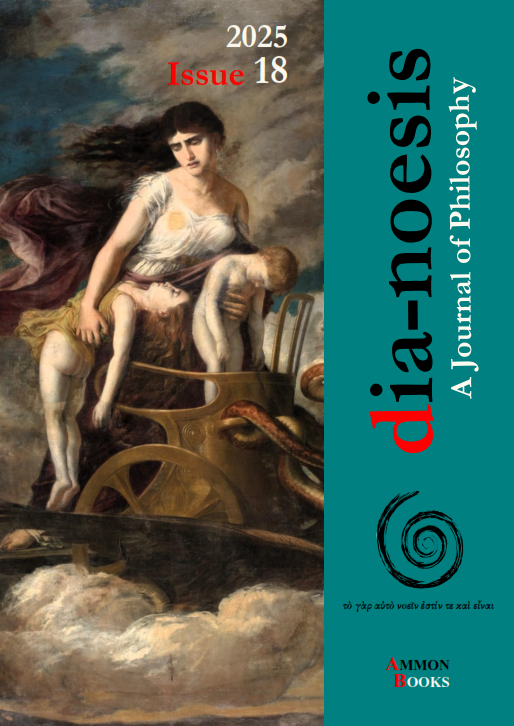Trauma, War, Loss, Forced Exile, and Cul-tural Displacement in Australian Aboriginal and Ukrainian Stories from Children’s Per-spectives: Exploring Cultural Identity

Abstract
This paper explores the heavy toll of trauma, war loss, forced exile, and cultural displacement by analyzing narratives from both Australian Aboriginal and Ukrainian children. Using a postcolonial framework, I examine contemporary literature and historical accounts to show how young protagonists cope with colonial conflict, forge a cultural identity, and adapt following displacement. Drawing on Ukrainian novels and the collection “Telling: Stories of Resilience from Nairm Marr Djambana”, this research reveals the deep psychological scars of the war in Ukraine and the cultural genocide of Australia's Stolen Generation. Both contexts are explored through the powerful image of the ‘wounded child’, highlighting both commonalities and critical distinctions. By analyzing poetic language, collective memory, and a sense of belonging, the study illustrates how children’s unique perspectives powerfully showcase resilience and the emergence of hybrid cultural identities. Ultimately, these findings stress the vital role of children’s voices in shaping broader discussions about trauma, migration, and cultural continuity, offering crucial insights into the complexities of identity forged in the crucible of conflict and displacement.
Article Details
- How to Cite
-
Babelyuk, O., & Koliasa, O. (2025). Trauma, War, Loss, Forced Exile, and Cul-tural Displacement in Australian Aboriginal and Ukrainian Stories from Children’s Per-spectives:: Exploring Cultural Identity. Dia-Noesis: A Journal of Philosophy, 18(2), 83–110. https://doi.org/10.12681/dia.43444
- Section
- Articles


